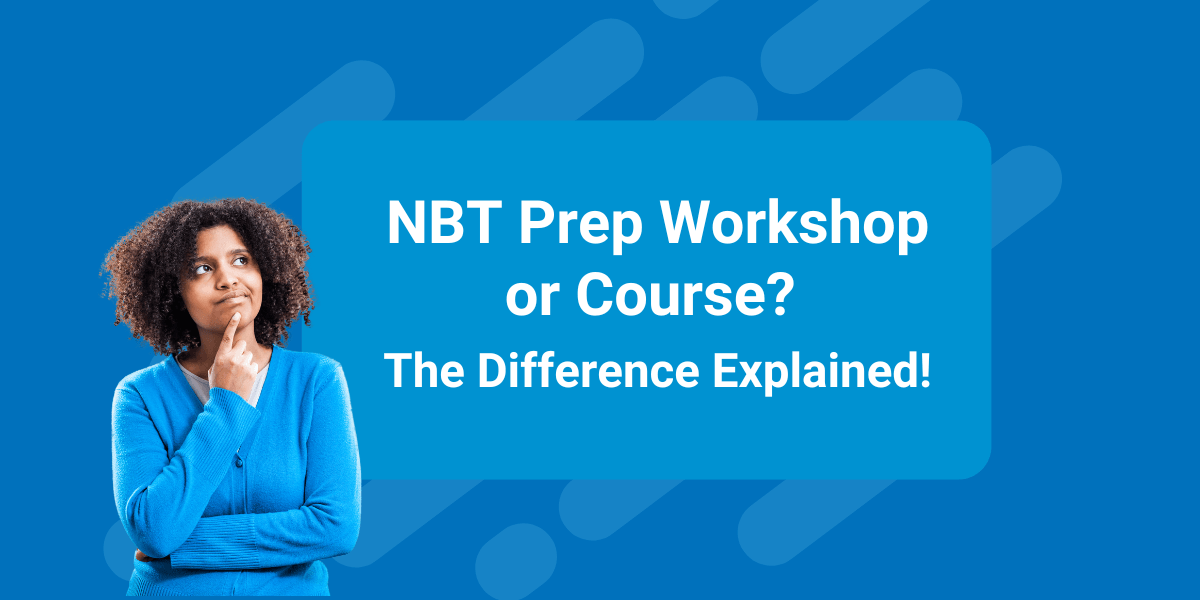
Loading the jump programme -Normalising failure and improving resilience in the Maths classroom.
Maths
Neo Series


In one of our Neo Series Educator Sessions, we had the honour of hosting Aldi Smith, a highly experienced Mathematics educator who previously served as HOD at Ballou College in Scouting and now teaches at Michael House. With her extensive background in lecturing and teaching across different domains of math, Aldi brought a wealth of knowledge to her session on normalizing failure and improving resilience in the classroom.
Throughout her talk, Aldi shared practical strategies and insights for helping students overcome their fears and doubts and become more resilient learners. One quote that really stuck with us was from Morpheus in The Matrix: “You have to let it all go Neo – fear, doubt and disbelief. Free your mind!” This quote perfectly captures the essence of Aldi’s message, which emphasizes the importance of letting go of limiting beliefs and embracing a growth mindset.
If you’re looking for inspiration and guidance on how to foster resilience and success in your math classroom, Aldi’s session is not to be missed.
What are some problems faced in the classroom?
At the start of the session, Aldi outlines the top two barriers she has identified that block educators from being effective Mathematics educators.
Firstly, the ability to engage learners in the classroom amidst distractions. Distractions are becoming way worse and it can be difficult to compete with the WhatsApp conversation that’s going on in the background. Or even the Tiktok videos that they might potentially be watching.
Second, the ability to manage expectations and expectations specifically the expectations from learners, parents and management as the pressure to deliver good results continues to increase.
Managing mathematics expectations
Many parents, seem to believe that success in Mathematics is the ultimate measure of academic achievement. While this may not be true for all parents, it is a pervasive attitude that can be challenging for teachers to navigate.
This mindset creates high expectations for students, who feel pressure to perform well in Maths to meet their parents’ expectations. As a result, students may prioritize getting good grades in Maths over other important aspects of their education. It’s important to recognize this dynamic and find ways to encourage students to pursue their passions and interests beyond just getting good marks in Maths.
As a teacher, when you have to manage all of these expectations and a couple of issues rise to the surface:
- The focus becomes marks, marks, marks.
- And we forget the important thing, the point of what we’re as teachers: Mathematics.
What is the perfect Maths student?
The perfect Maths student is not just about learners that get perfect marks. The ideal learner in the Mathematics classroom is a learner that will submit to the process of your teaching! Not all learners can get perfect marks and understanding this is often where we make mistakes.
We know not all learners are capable of achieving a distinction. Not all learners are capable of achieving a B or a C or D. Every learner has the potential to achieve something. And, as teachers, what we’re trying to do is we’re trying to get them to achieve according to their potential.
Perhaps the ideal learner would be organized, disciplined and diligent. Analytical and logical, curious, enthusiastic and resilient. I’m sure you, as a teacher, would change some of the wording, you might not like the word organised. This is just general.
Let’s look at what makes resilience
One of Aldi’s favourite definitions of resilience is specifically from Marilyn Price-Mitchell. Who’s a developmental psychologist and author, said, “When educators help students cultivate an approach to life that views obstacles as a critical part of success, we can help them develop resilience”. You can’t get resilience or say you’re a resilient person until you’ve cracked away at an obstacle. You can’t crack away at an obstacle until you face that obstacle.
“Resilience is not a genetic trait. It is derived from the ways that children learn to think and act when faced with obstacles large and small”. So you start by facing the obstacle. That’s where the process starts into developing resilience.
How do we develop resilience in the Maths classroom?
Mary Alfred, a psychologist and author said, “Resilience works like a muscle.” It’s a muscle we can build through effort and reputation.
We want to keep our muscles strong and flexible so that we can think of many ways to solve problems. So resilience is the same as actually being fit. If you’re fit then you can pretty much do most physical activity. You can hike run, you probably even play a game of squash. If you’re resilient you can face many obstacles.
It’s not always about how to solve the problem, it’s also about your attitude in solving that problem. It’s about resilience in solving the problem. At the core, resilience is the belief that while you can’t control everything in your life – the most important aspect of control is your attitude.
Here are some practical strategies to help build resilience in individuals:
- Set Brave SMART goals – Encourage setting goals that are Specific, Measurable, Attainable, Relevant, and Time-bound. This will help individuals identify their strengths and focus on achievable targets that will help them develop resilience.
- Model learning from mistakes – Emphasize the importance of learning from failures and setbacks. By demonstrating that mistakes are an integral part of the learning process, individuals can learn to adopt a growth mindset that allows them to bounce back from challenges.
- Encourage responsible risks – Encourage individuals to step out of their comfort zone and take responsible risks. This will help them build confidence and develop new skills, which can contribute to greater resilience in the face of adversity.
- Label difficult emotions – Encourage individuals to identify and label difficult emotions such as fear, anxiety, and frustration. This will help them develop emotional awareness and learn to regulate their emotions effectively.
- Write and talk about setbacks and human resilience – Encourage individuals to reflect on and share stories of resilience. This will help them realize that setbacks are a normal part of life and that everyone has the capacity to overcome challenges with resilience.
Everybody falls the first time
We need to normalise failure in the Mathematics classroom. It’s normal and it’s part of the process. Realistically if you get it all right the first time you haven’t learnt anything. Unlike if you get it wrong then you get it right it means you learnt and you’ve grown. Focus on the growth, and show learners where they started and how far they have come.
In order to normalise failure, mistakes require safety. We have to create a culture of learning in the classroom. This can be done by teachers showing their own learning journey and showing their own mistakes. This shows them that it’s normal to make mistakes.
Why should we encourage learners to jump?
By doing Mathematics we create people who are:
- Organised,
- Disciplined and diligent,
- Analytical and logical
- Curious and enthusiastic
- Resilient
Learn more on how Neo Series enables schools to leverage the benefits of e-Learning, in their individual contexts. Bring world-class digital content, teaching resources, reporting, learning management and technology into your school environment today.
This article was originally published on 10 May 2023
About the author
Mekayla Preiss
I am a Copywriter and Content Creator for AdvantageLearn.com. I enjoy getting creative and have a passion for people and crafting compelling content, I hope to inspire the next generation of learners and changemakers.

NBT Prep Workshop or Course? The Difference Explained!
Uncategorized
NBT
Education
Student tips
Preparing for the National Benchmark Test (NBT) is an essential step for students who want to secure a place at a South African university. Your NBT t... Read more

10 Study Tips for a Successful School Year
Student tips
Featured
Let’s take a look at some of the tips you can implement to boost your academic performance and get into the rhythm now in the first term! As the 2025 ... Read more

Unlocking Opportunities with Further Studies English: Faye’s Journey
Further Studies
Featured
Our recent Further Studies (AP) English webinar gave a firsthand look into the significant advantages of Further Studies programmes. With the inspirin... Read more
Do you want better Maths results?
Maths Online is a bank of over 2000+ extra lessons. Furthermore, gain access to our teacher support to help you when you need it!
More info

























